Catholic Homily for September 26, 2025
Moment of Recognition
Hello Dear Friend, Welcome to today’s homily,
Sarah had been teaching kindergarten for fifteen years when it happened. During circle time, five-year-old Marcus raised his hand and asked, “Miss Sarah, who are you really?” She laughed and said, “I’m your teacher, Marcus.” But he persisted, tilting his head with that pure curiosity only children possess: “No, but who are you really? Like, when you go home and take off your teacher clothes?”
The question stopped her cold. Here was this little boy, cutting through all her roles and titles, asking the one question that mattered most. In that moment, Sarah realized that after years of being defined by what she did, someone was finally asking who she truly was beneath it all.
This innocent encounter reflects the profound question Jesus poses to His disciples in today’s Gospel. It’s a question that echoes through the centuries, demanding an answer from each of us: “But who do you say that I am?”
In Luke’s account, Jesus doesn’t begin with the personal question immediately. First, He asks what others are saying about Him. The disciples respond with the rumors circulating: “John the Baptist; others say Elijah; and others say that one of the ancient prophets has risen again.”
These weren’t bad answers. John the Baptist was revered as the forerunner. Elijah was the great prophet who would herald the Messiah’s coming. The ancient prophets commanded respect and authority. Yet Jesus isn’t satisfied with secondhand opinions or borrowed faith.
Then comes the piercing follow-up: “But who do you say that I am?” The Greek text emphasizes the personal pronoun—you, specifically you, not the crowds, not the religious authorities, not your neighbors. What is your personal conviction about who I am?
Peter, speaking for the group, declares: “The Christ of God”—the Anointed One, the Messiah they had been waiting for. It’s a moment of profound recognition, like Sarah’s student seeing beyond the surface role to the person within.
But Jesus immediately follows this revelation with a stark prediction: the Son of Man must suffer, be rejected by the religious leaders, die, and rise again. The path to glory leads through the cross.
This pattern of recognition followed by suffering runs throughout Scripture. Moses encountered God in the burning bush, received his calling, then faced forty years of wandering and resistance. David was anointed as king but spent years fleeing from Saul before claiming his throne.
The prophet Isaiah speaks of the Suffering Servant who “was despised and rejected by others; a man of suffering and acquainted with infirmity” (Isaiah 53:3). The Psalms repeatedly cry out, “My God, my God, why have you forsaken me?” (Psalm 22:1)—words Jesus would echo from the cross.
Even in the Book of Tobit, we see how recognition of God’s presence comes through trials. Tobit’s blindness and exile become the very circumstances through which God’s providence unfolds. The pattern is clear: divine revelation often comes wrapped in human struggle.
Saint John of the Cross understood this paradox deeply. He wrote, “The soul that is attached to anything, however much good there may be in it, will not arrive at the liberty of divine union.” True recognition of Christ requires letting go of our comfortable assumptions about who He should be.
Saint Thérèse of Lisieux, whose feast we recently celebrated on October 1st, captured this beautifully: “I will spend my heaven doing good on earth.” She recognized that following Christ meant embracing the “little way” of trust and surrender, even when it led through suffering and misunderstanding.
Pope Benedict XVI reminded us that “being Christian is not the result of an ethical choice or a lofty idea, but the encounter with an event, a person, which gives life a new horizon and a decisive direction.” The question Jesus asks demands not just intellectual assent but personal encounter.
Living the Gospel in Daily Life
In our daily lives, this question confronts us constantly. When your teenager rolls their eyes at your faith, when colleagues mock your values, when illness strikes your family—who do you say Jesus is then? Is He still “The Christ of God” when life doesn’t unfold according to your prayers?
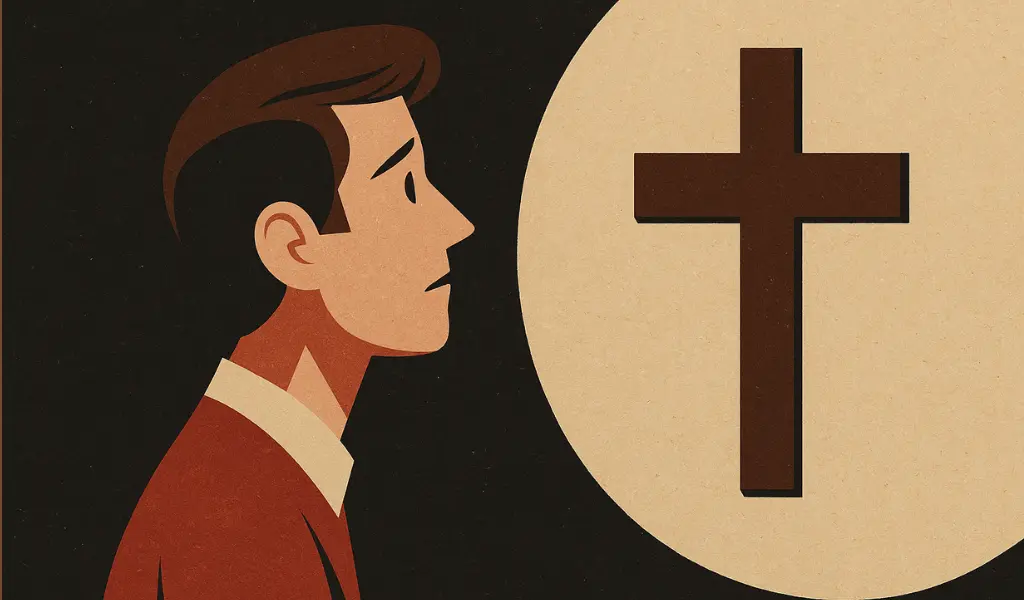
At work, when faced with ethical compromises, the question becomes practical: Is Jesus just a nice teacher with good ideas, or is He the Lord whose way of life demands your allegiance even when it costs you?
In marriage, during those seasons when love feels more like duty than joy, who is Jesus to you? Is He the one who transforms ordinary water into wine, who can resurrect what seems dead?
Parents face this question when watching their children make painful choices. Teachers encounter it when struggling students test every ounce of patience. Healthcare workers meet it in the eyes of suffering patients. Business owners grapple with it when making decisions that affect employees’ livelihoods.
Challenge for the day
Jesus doesn’t let the disciples bask in their correct theological answer. He immediately introduces the reality of the cross. This is His warning to us: following Christ isn’t a prosperity gospel promise. It’s a call to die to ourselves, to take up our cross daily.
The cross isn’t just about major sufferings—terminal illness, financial ruin, or family tragedy. It’s found in the daily deaths to self: choosing patience over anger, forgiveness over revenge, service over comfort, truth over convenience.
How often do we want Jesus as our personal life coach but resist Him as the crucified Lord? We’re comfortable with a Jesus who blesses our plans but uncomfortable with One who calls us to radical self-sacrifice.
A Personal Invitation
Today, Jesus asks you the same question He asked His disciples: “Who do you say that I am?” Your answer will be revealed not in your words but in your choices, your priorities, your response to suffering, your treatment of others, especially those who can do nothing for you.
The question isn’t academic—it’s intensely personal. It’s not about what your parents believed or what your church teaches or what sounds theologically correct. It’s about your heart’s deep conviction about this man from Nazareth who claims to be the way, the truth, and the life.
Like little Marcus asking Sarah who she really was, Jesus cuts through all our religious vocabulary and comfortable assumptions to ask the question that defines everything else: Who am I to you?
Today’s Prayer
Lord Jesus, You know our hearts better than we know them ourselves. Give us the courage to answer Your question with the honesty of Peter and the humility to follow wherever You lead, even when the path leads through the cross. Help us recognize You not just in our prayers but in our daily choices. Amen.
❤️ Thank You dear friend, hope this reflections touched you. 🙏 Please do not forget to share with your loved ones.
If you like Catholic Homily for september 26, 2025, do not forget to give your comment below. And please 🫂 join our whatsapp channel for everyday 🔔 update 👇👇👇
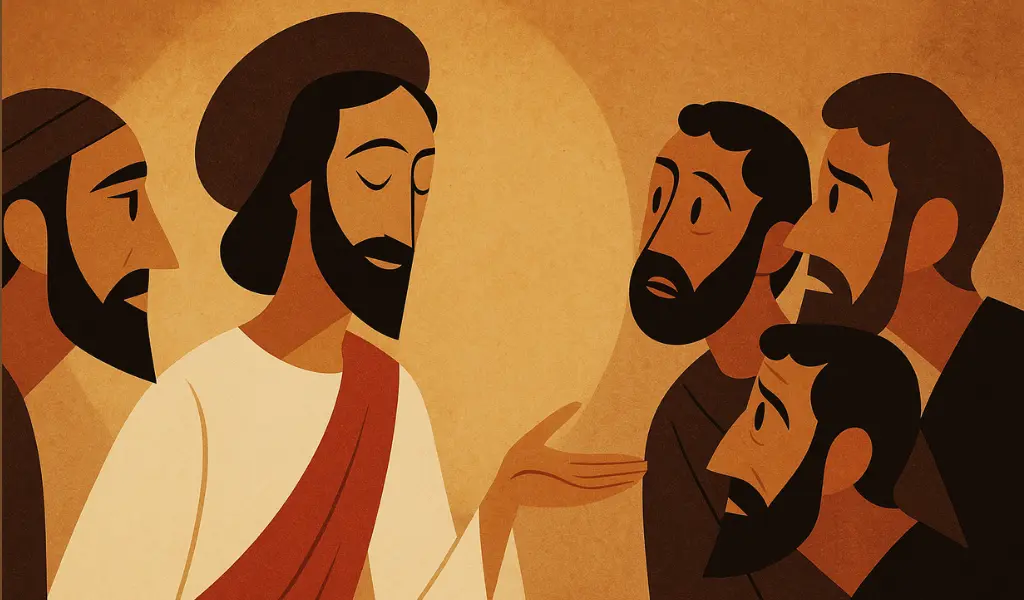
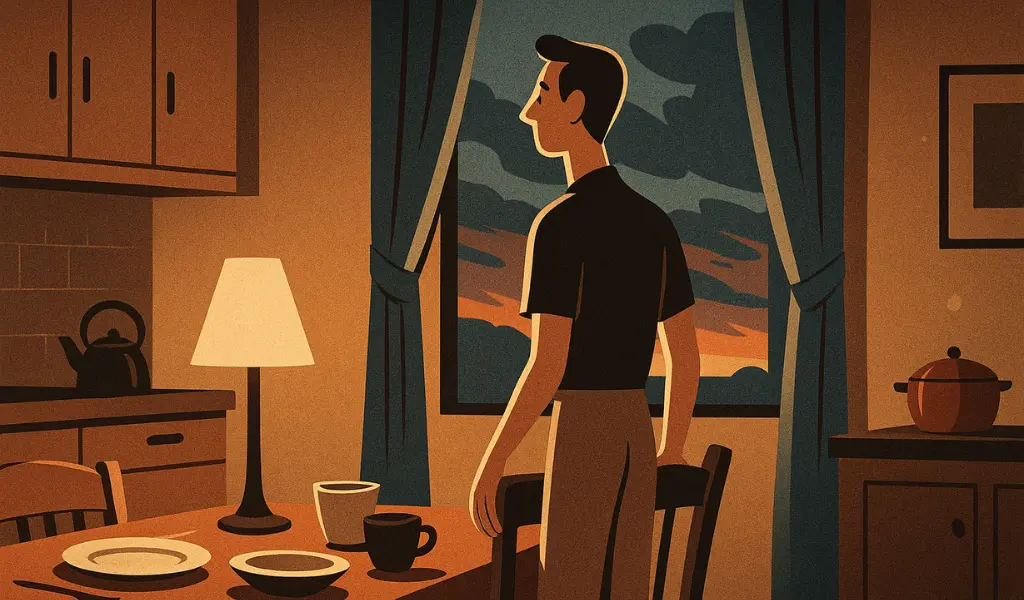
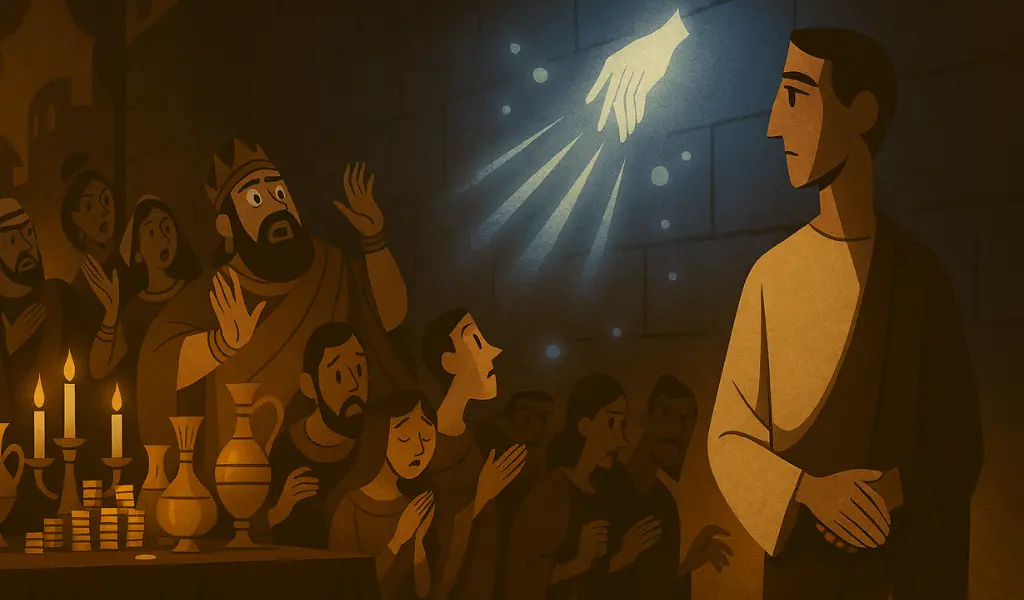
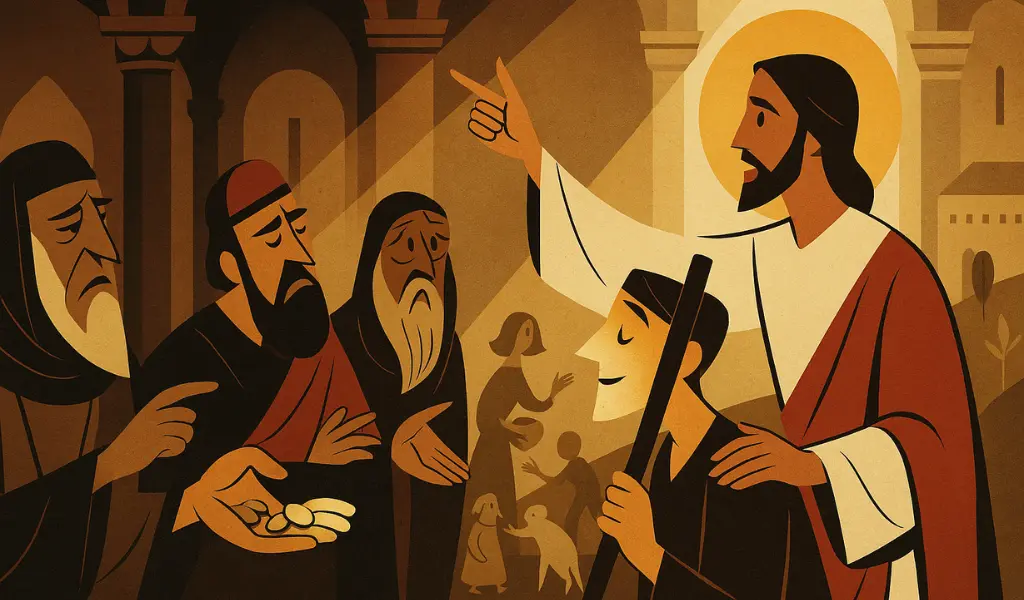

Leave a Comment